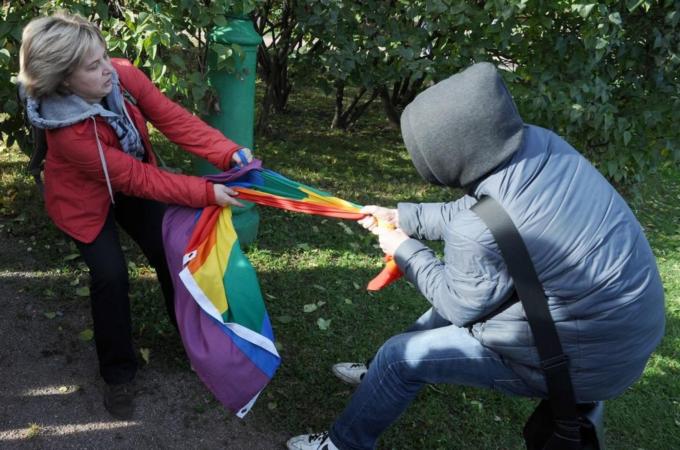By Ben Kopp
Impunity Watch Reporter, Europe
BRUSSELS, European Union – Across Europe, war criminals were promised punishment regardless of the era in which their crimes were committed. The rest of the West has begun responding in kind.

In Bosnia, war crimes charges are sought against many from the Serb minority that armed themselves to expel and kill non-Serbs during the 1992-1995 Bosnian War.
In September 2013, the United States announced that it would extradite Almaz Nezirovic to face war crimes charges for his involvement in beating, humiliating, and traumatizing unarmed prisoners.
On 17 October 2013, prosecutors stated that eight men were arrested in Rogatica, where the alleged crimes occurred in September 1992. The men were suspected of participation in looting, expelling, and killing civilians. One suspect allegedly gunned down 20 Muslim civilians who attempted to hide in a barn from Serbian soldiers.
Based on a July 2013 ruling by the European Court of Human Rights, on 9 October 2013, Bosnia’s war crimes court ordered retrials for three men convicted of war crimes related to the Bosnian War.
Their appeal successfully claimed that Bosnian courts improperly tried them under a criminal code that took force when the war crimes court was set up, about a decade after the crimes were committed. The retrials will be based on the 1976 criminal code, which was in effect during the Bosnian War.
In Hungary, for the first time, authorities charged former Interior Minister Bela Biszku with war crimes connected to the suppression of a 1956 anti-Soviet uprising, which threatened Moscow’s control of Eastern Europe for the first time since World War II.
The suppression of that rebellion caused the mass deaths and arrests of civilians, and impacted the world’s perception of communist rule in Eastern Europe. In their statement, prosecutors claimed 46 civilians were killed in Salgotarjan alone.
Prosecutors charged Biszku with abetting a Communist Party committee involved in ordering civilian deaths in December 1956, during Salgotarjan and Budapest protests. Further, in September 2012, prosecutors found cause for additional charges when investigators searched Biszku’s home and seized 11 pieces of ammunition that he kept without permission.
Biszku’s prosecution became possible through a 2011 law that stipulates war crimes and crimes against humanity do not lapse.
In Italy, authorities refused to allow convicted Nazi war criminal Erich Priebke to be buried in their country. Protesters at his funeral suggested a landfill. Since 1998, Priebke spent a life sentence on house arrest for his role in one of Italy’s worst wartime massacres, which involved the killings of 335 civilians.
Similarly, the Vatican issued an unprecedented ban on holding the funeral in any Catholic church—although a Catholic splinter group previously accused of anti-Semitism offered to hold the ceremony.
Although Priebke fled to Argentina after the war, that country refused to allow Priebke’s body burial beside his wife. The German embassy in Rome contacted the family’s attorney, but no details have been provided.
With further support from the world, Hungary’s law that strips war crimes and crimes against humanity of any lapse may become custom.
For further information, please see:
Associated Press – Bosnian Police Arrest 8 War Crimes Suspects – October 17, 2013
The Guardian – Nazi War Criminal Erich Priebke’s Family Demand Return of His Corpse – October 17, 2013
Budapest Business Journal – War Crimes Charges Levied against Former Communist Official – October 16, 2013
Reuters – Hungary Charges Former Top Communist Official with War Crimes – October 16, 2013
BBC News – Nazi War Criminal Priebke’s Funeral Halted Amid Protests – October 15, 2013
Reuters – Bosnia to Retry Three War Crimes Convicts after European Court Ruling – October 9, 2013
United Press International – Virginia Man to Be Extradited to Bosnia to Face War Crimes Charges – September 20, 2013

